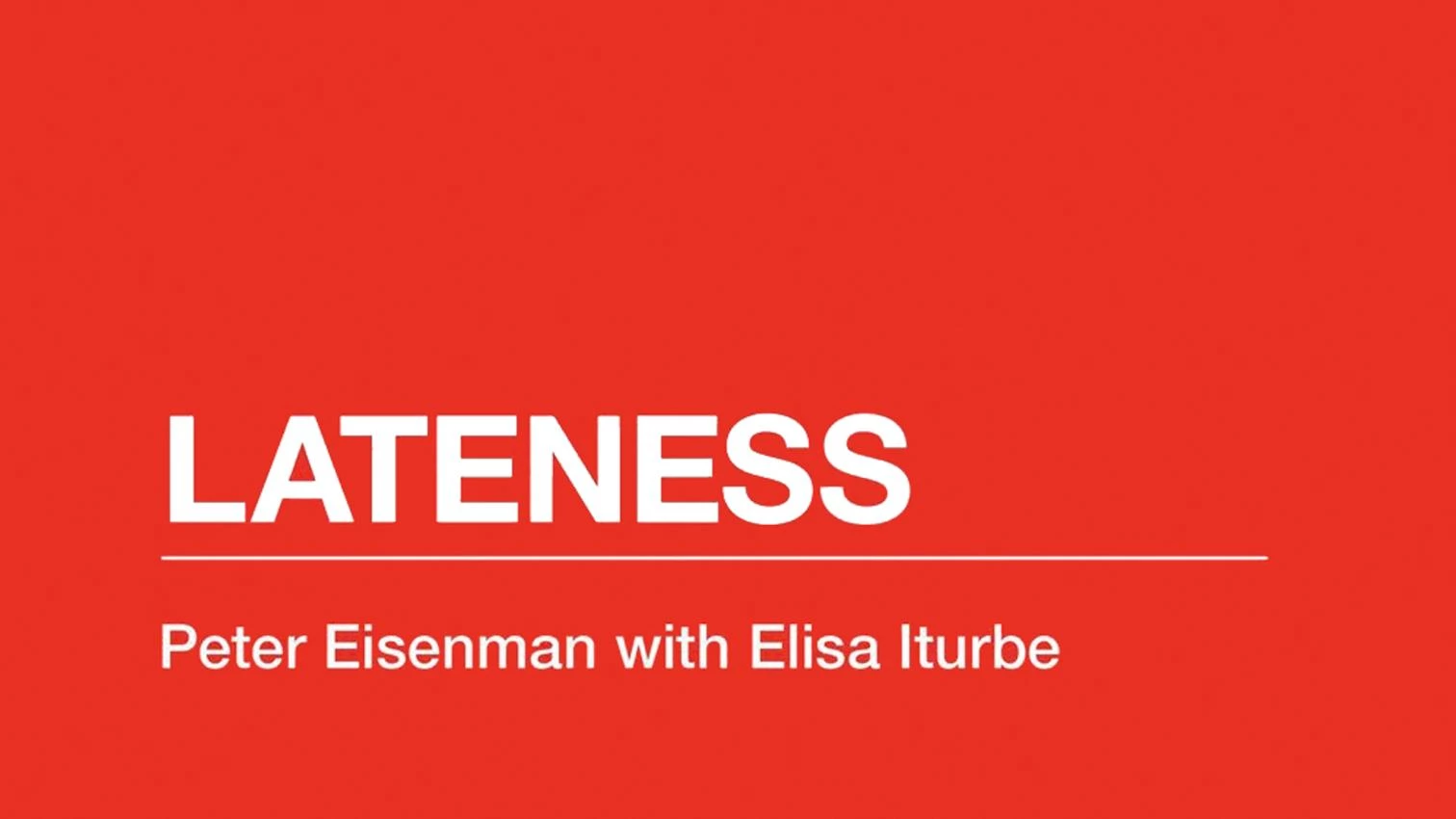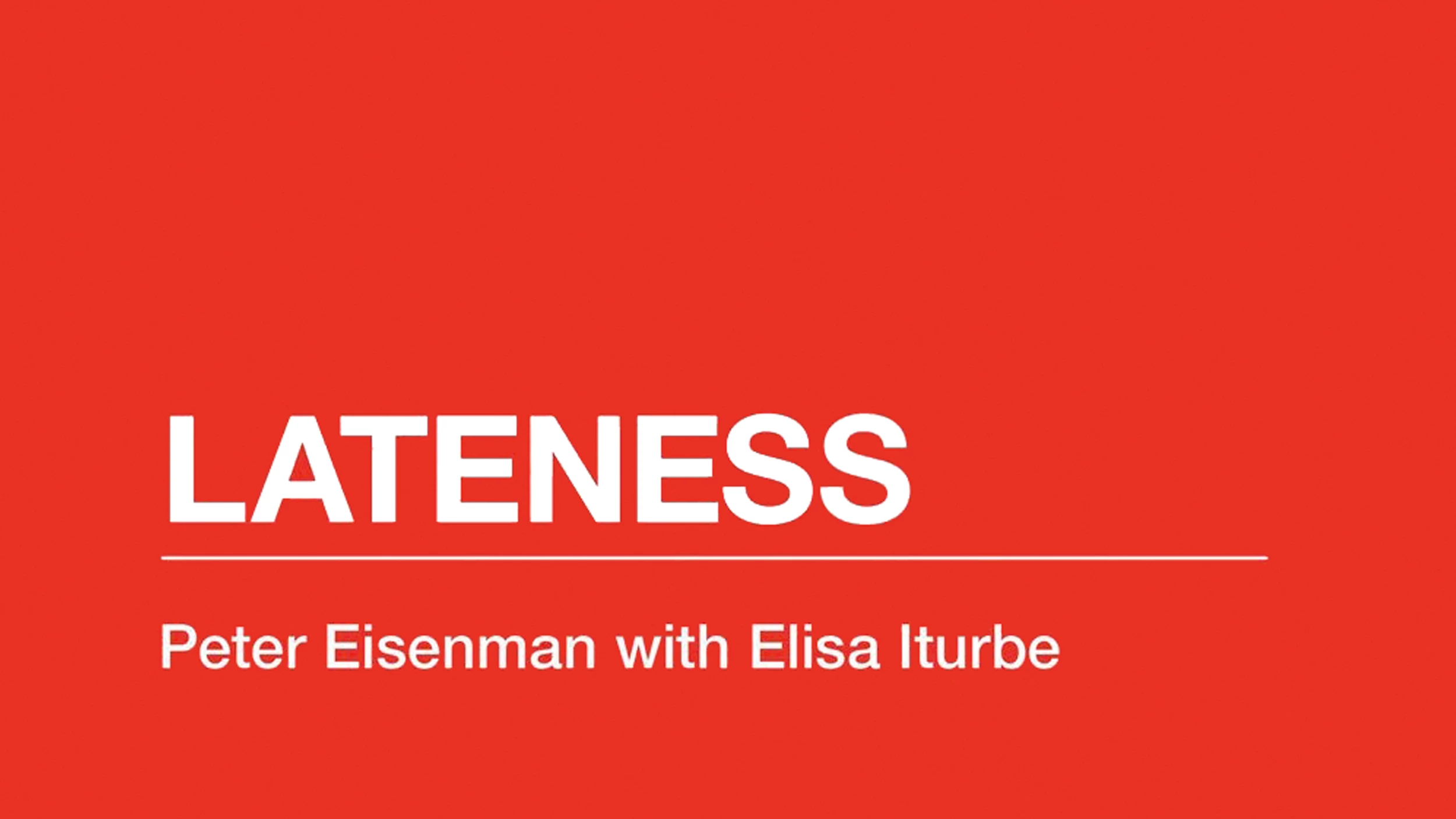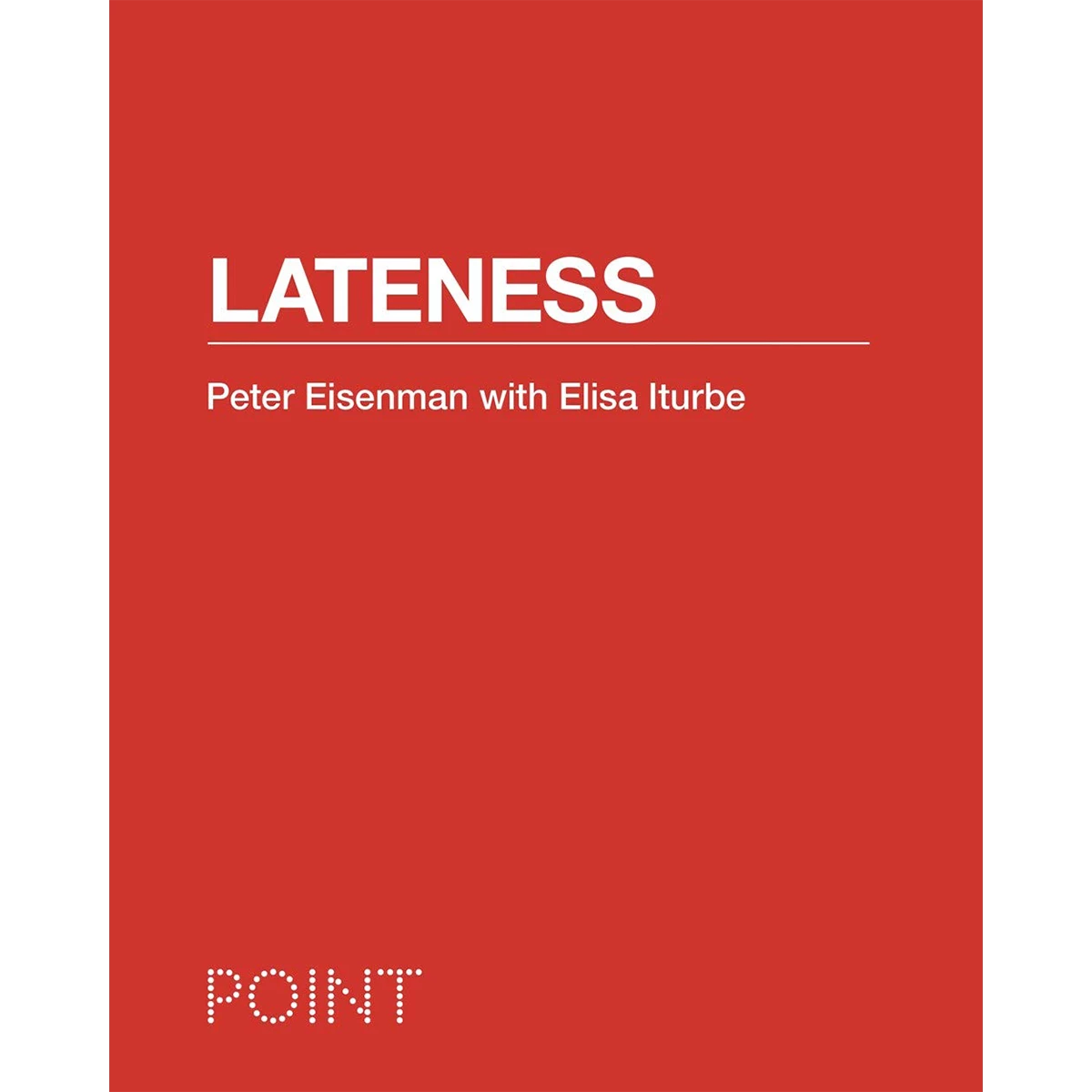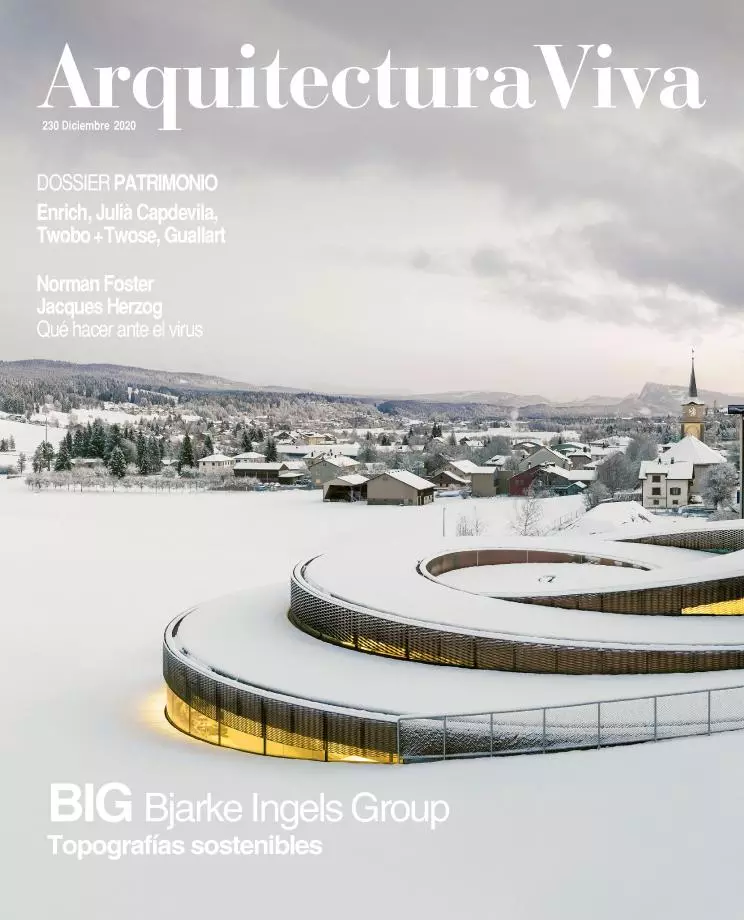
This book redefines ‘lateness’ through a formal analysis of works by Adolf Loos (Villa Karma, Villa Müller), Aldo Rossi (Gallaratese, San Cataldo), and John Hejduk (Texas Houses, Wall Houses). All six works can be said to have been carried out when their architects were young.
There is reference to Theodor Adorno’s essay on Beethoven’s late style (1937) and Edward Said’s posthumous On Late Style (2006), where the analysis of Adorno is extended to Richard Strauss, Glenn Gould, Thomas Mann, Luchino Visconti, and more. Late style is seen in these not as a harmonious and serene, but rather as a difficult, intransigent end, and Beethoven’s Missa solemnis is a case in point. The heresy of him who knows the canon well is manifested in the Beethoven Adorno writes on, and it appears in the work of Eisenman, who to explain himself resorts to authors less ‘late’ than he.
The analysis of the three architects is formal, using floor-plan diagrams and axonometrics, as in Eisenman’s 1963 dissertation, The Formal Basis of Modern Architecture. Function, technology, and the social element are again absent, focusing on form articulation, in this case on a search for unconventional inner connections.
Beneath is a preoccupation with time, and the analyzed works seem to have escaped to the linear time of Hegelian dialectics. That other time (non-linear, complex, ambiguous, and somehow suspended) is the time nesting in the ‘lateness’ concept. For the authors this is perhaps the only way to resist, to be critical, now and always.







